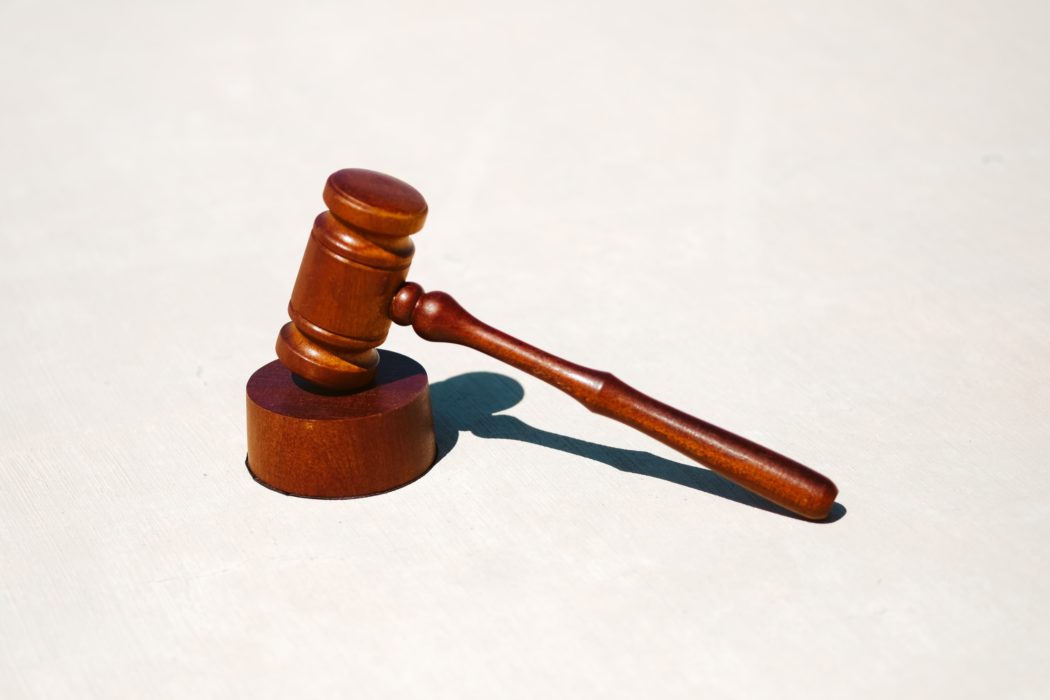
MIOSHA Levying Fines for COVID Safety Non-Compliance; NLRB Also Addressing Safety Issues
August 27, 2020
By Michael Burns, courtesy of SBAM Approved Partner ASE
The other shoe is dropping on employers fighting to re-open and bring employees back to work. Six Michigan employers were recently fined for violation of OSHA/MIOSHA’s general duty requirement to provide a safe workplace.
The general duty clause is a broad regulation requiring that employers provide a safe workplace, whatever that may require. In these cases, MIOSHA found that they were not following face covering and employee training guidelines and did not have cleaning measures or safety preparedness plans in place.
The fines levied ranged from $2,100 to the maximum fine of $7,000. The penalized employers were from various locales around the state including three employers in southeast Michigan, two in mid-Michigan, and one in southwest Michigan.
Both MIOSHA Director and Michigan’s COVID Safety Directors stated that the citations were to reiterate the employer’s duty to abide by state safety requirements and that employers re-opening have to be prepared and their employees educated on how to practice COVID safety.
Sean Egan, COVID-19 Workplace Director briefed ASE and SBAM members on workplace COVID safety measures and requirements at a special webinar presented last month. Pertaining to the fines, Mr. Egan stated, “We’re focused on education first so employers know what they must do to safely re-open.” He also stated that the fines were to be a negative reflection on the “tremendous cooperation we have seen from employers and their workers across the state. A vast majority of businesses are doing their part to keep our economy open by following the proper guidance.”
At the same time, and at another level, other employers are dealing with complaints about safety and health practices through the National Labor Relations Board (NLRB). As another example of all the laws that can impact employers during this COVID pandemic, some workers are using the National Labor Relations Act (NLRA) to respond to employer discipline or discharges during the pandemic.
In one example, medical workers claimed that their refusal to do work using shared isolation gowns was protected concerted activity (section 8 (a) (1) of the NLRA). The NLRB rejected this particular complaint holding the refusal did not involve other nurses as a group. The NLRB issued guidance memos on several refusal to work situations generally holding that just because one worker objected to an employer demand did not necessarily mean they were acting as a group for protected concerted activity protection purposes.
Other NLRB COVID related cases involve employee comments during a safety meeting addressing COVID safety measures, posting of opinion on social media (a very common issue these days) in violation of the employers social media policy, and even whether the employer was required to bargain new paid time off and hazard pay for working during the pandemic.
Employers are probably just seeing the tip of the iceberg related to compliance and liability during the pandemic. The above situations, and much more, may singly and collectively do more to drive business into a recession than the actual illnesses’ impact on business. So far, we have heard relatively little about complaints raised by visitors, guests, and customers. This will be a much bigger area of employer legal defense cost.
Employers are probably facing the toughest business environment imaginable right now:
- Government ordered shutdowns,
- Fines for compliance issues,
- Workers refusal to return to work,
- Loss of business due to customers’ fear and who are loath to enter or stay too long in shops and stores,
- And finally, the risk of lawsuits alleging the business failed to protect them from COVID.
Some relief may be coming on that last concern. Michigan’s legislature is considering new laws limiting business liability from COVID related lawsuits.